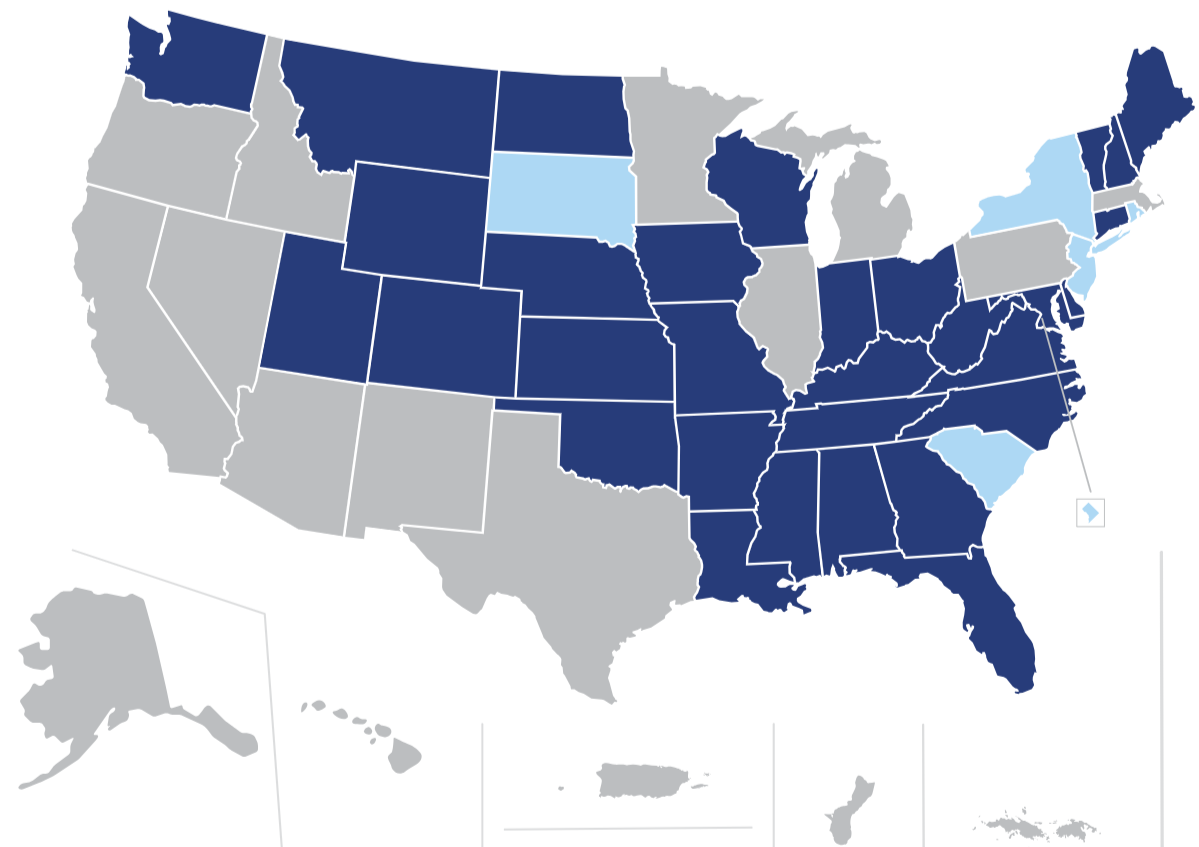Since 2020, twenty-eight state legislatures have enacted legislation to become a part of the Counseling Compact, which will allow Licensed Clinical Mental Health Counselors (LCMHC) in Compact states to work with clients from any of the other states without have to gain licensure there. In short, it means that if you live in West Virginia, and your preferred therapist lives in North Carolina, you can work with that therapist. Here’s a map of the states that have enacted the legislation. This move will greatly increase access to mental health services, especially for folks seeking therapists who specialize in gifted children, adolescents, adults, couples, and families. The Compact is expected to go into effect in mid-2024.
Additionally, here in my neck of the woods, North Carolina, Tennessee, South Carolina, and Kentucky have agreed on ‘reciprocity’ for their Licensed Clinical Mental Health Counselors. The application process for clinicians begins this month, and I expect to be able to offer services to people across these states before the daffodils bloom. It’s so fresh that I can’t even find a hot link for the information yet!
These agreements extend only to LCMHC providers, not to Licensed Clinical Social Workers or other licensed clinical mental health professionals. The current inadequate and inconsistent access patchwork is indicative of broad and historic systemic issues that will take a lot longer to untangle. For now, I’m glad to report that I’ll be able to work with more gifted outliers in more places. If you or your adolescent is highly, exceptionally, or profoundly gifted – reach out. We can start planning our work together now.
States that have enacted the Counseling Compact as of Jan. 15, 2024:
Georgia, Maryland, Alabama, Mississippi, West Virginia, Utah, Maine, Florida, Kentucky, Nebraska, Tennessee, Colorado, Louisiana, Ohio, New Hampshire, North Carolina, Delaware, Wyoming, Arkansas, Virginia, Kansas, Washington, Montana, North Dakota, Oklahoma, Indiana, Vermont, and Iowa.








